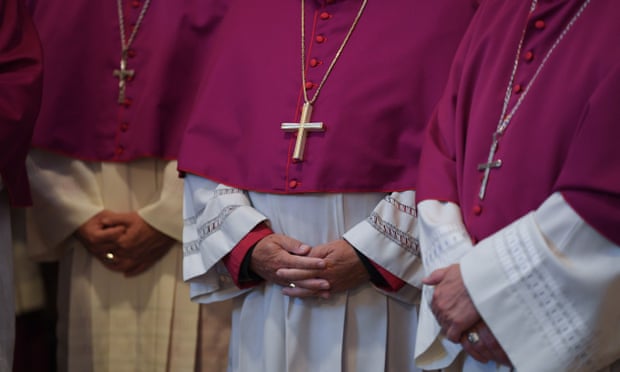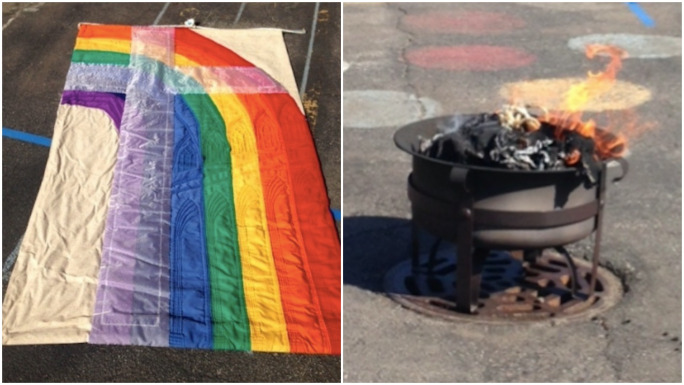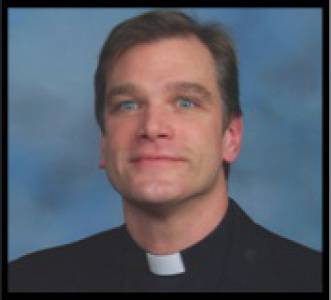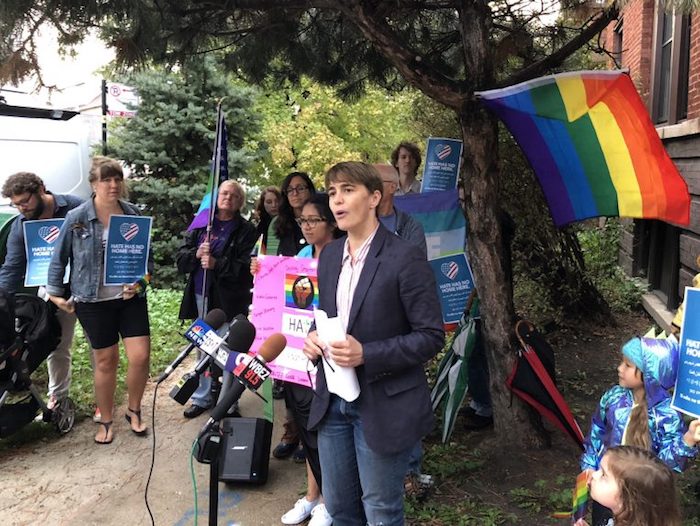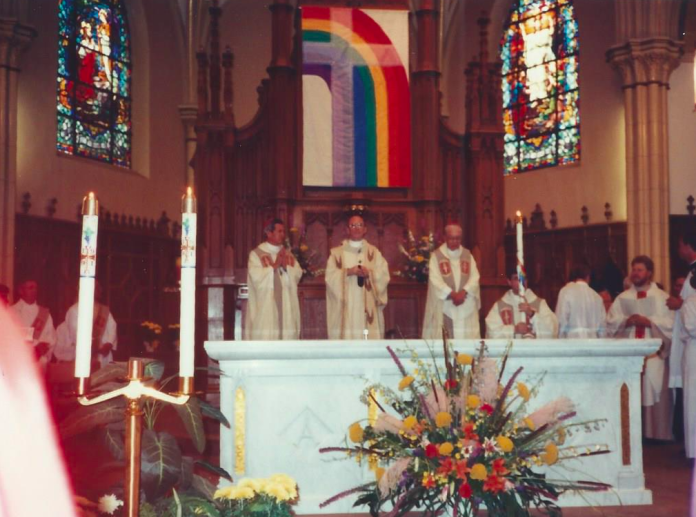Scandal rocks the church, and wrongly it still opposes ordaining women as priests.
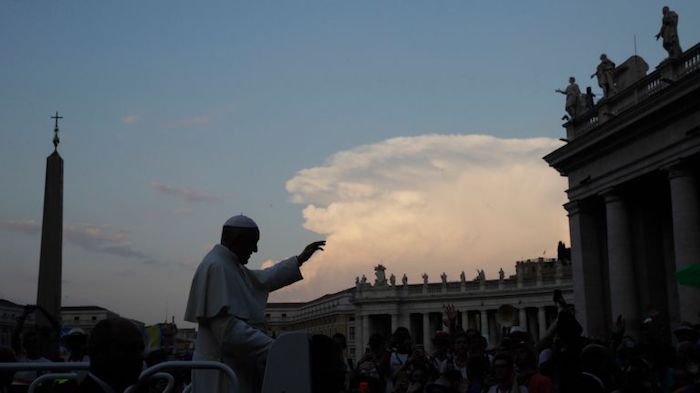
By Roy Bourgeois
As a Catholic priest, I did the unspeakable. I called for the ordination of women. The Vatican’s response was swift. The Congregation for the Doctrine of the Faith informed me that I was “causing grave scandal” in the church, and that I had 30 days to recant my support for the ordination of women or be expelled from the priesthood.
I told the Vatican that was not possible. Believing that women and men are created of equal worth and dignity, and that both are called by an all-loving God to serve as priests, my conscience would not allow me to recant. In my response, I also made clear that when Catholics hear the word “scandal,” many think about the thousands of children who have been raped and abused by Catholic priests — not about the ordination of women.
In 2010, the Vatican called women’s ordination a crime comparable to sexual abuse of children. Judging from its actions, however, it would appear that the Vatican views women’s ordination as a crime more serious than child abuse. Among the thousands of priests who raped and sexually abused children, the vast majority were not expelled from the priesthood or excommunicated. But the Vatican has excommunicated every woman ordained to the Catholic priesthood.
And in November 2012, after serving as a Catholic priest with the Maryknoll order for 40 years, I was expelled from the priesthood for refusing to recant my support for the ordination of women.
Today, scandal again rocks the Catholic Church. This time, it’s six Catholic dioceses in Pennsylvania. According to a grand jury report, beginning in the 1950s, more than 300 “predator priests” sexually abused more than 1,000 children.
The 1,400-page report, written by 23 grand jurors over the course of two years, said, “Priests were raping little boys and girls, and the men of God who were responsible for them not only did nothing; they hid it all. For decades.” Among the horrific crimes that Catholic priests committed:
- In the Pittsburgh diocese, “a ring of predatory priests shared information regarding victims, as well as exchanging the victims among themselves. The ring manufactured child pornography and used whips, violence and sadism in raping the victims.”
- One priest abused five sisters in the same family, including one girl beginning when she was 18 months old.
- Another priest was allowed to stay in ministry after impregnating a young girl and arranging for her to have an abortion.
- A priest raped a 7-year-old girl in her hospital room after a tonsillectomy. The Congregation for the Doctrine of the Faith reviewed his crime and decided that he should remain a priest and “live a life of prayer and penance.”
The Pennsylvania grand jury report concluded that the Catholic hierarchy “protected the institution at all cost and maintained strategies to avoid scandal.” Priests who got into trouble were shuffled to another diocese where more children were abused. The FBI determined that church officials followed a “playbook for concealing the truth,” minimizing the abuse by using words like “inappropriate contact” or “boundary issues” instead of “rape.”
If the Catholic Church had women priests, the church would not be in the crisis it is in today. I am equally confident that if the Catholic Church does not dismantle its all-male priesthood and welcome women as equals, it will drift into irrelevance.
Complete Article ↪HERE↩!

